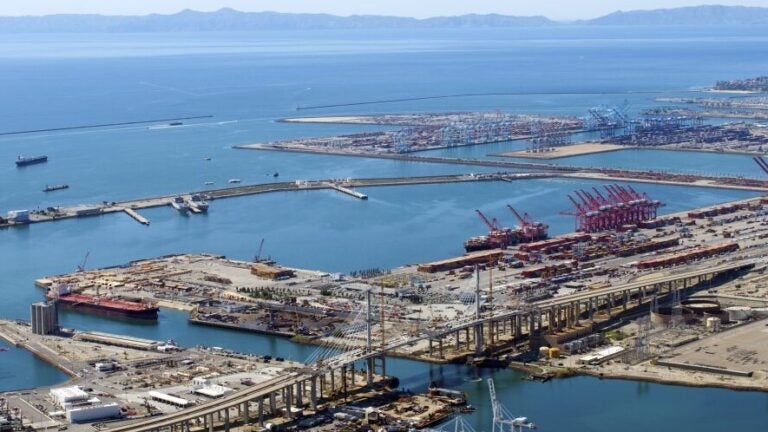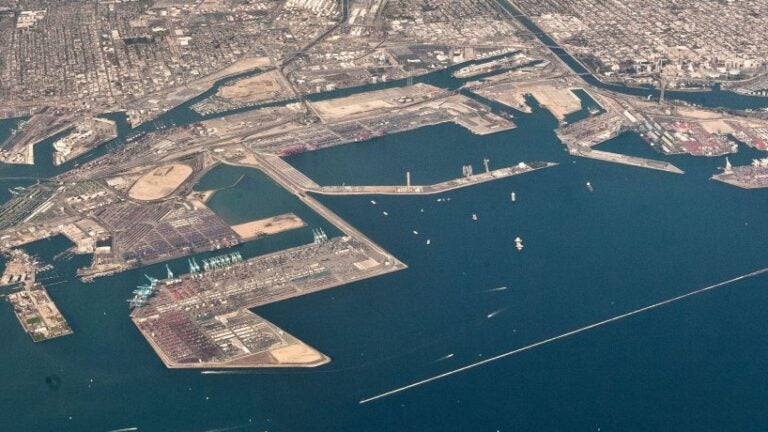California has the strongest ocean economy in the nation. Its urban ports and harbors—primarily the twin Ports of Long Beach and Los Angeles—are a central component of the region’s economy and continue to accommodate the demand for goods and expanding international trade. The US maritime industry certainly is not as robust as those of other nations that retain large fleets of cargo vessels; yet despite the diminutive size of the US fleet, our citizens and policymakers cannot make good judgments about the marine transportation industry until they understand its operations. For that reason, we retain a strong interest in elucidating the processes at work in the industry that bring many goods not only to the US shores but also to US dinner tables, homes, offices, hospitals, and workshops. Moreover, the marine transportation system is not solely at sea; its landside impact is felt as goods move through cities and rural areas of the nation by truck and train as well. USC Sea Grant’s long-standing relationships with the ports and marine transportation industries make it ideally suited to provide information, tools, and techniques to support working waterfronts, responsible energy development, and environmentally sustainable solutions to economic needs.
Moreover, the marine transportation system is not solely at sea, its landside impact is felt as goods move through cities and rural areas of the nation by truck and train as well. USC Sea Grant’s long-standing relationships with the ports and marine transportation industries make it ideally suited to provide information, tools, and techniques to support working waterfronts, responsible energy development, and environmentally sustainable solutions to economic needs.




